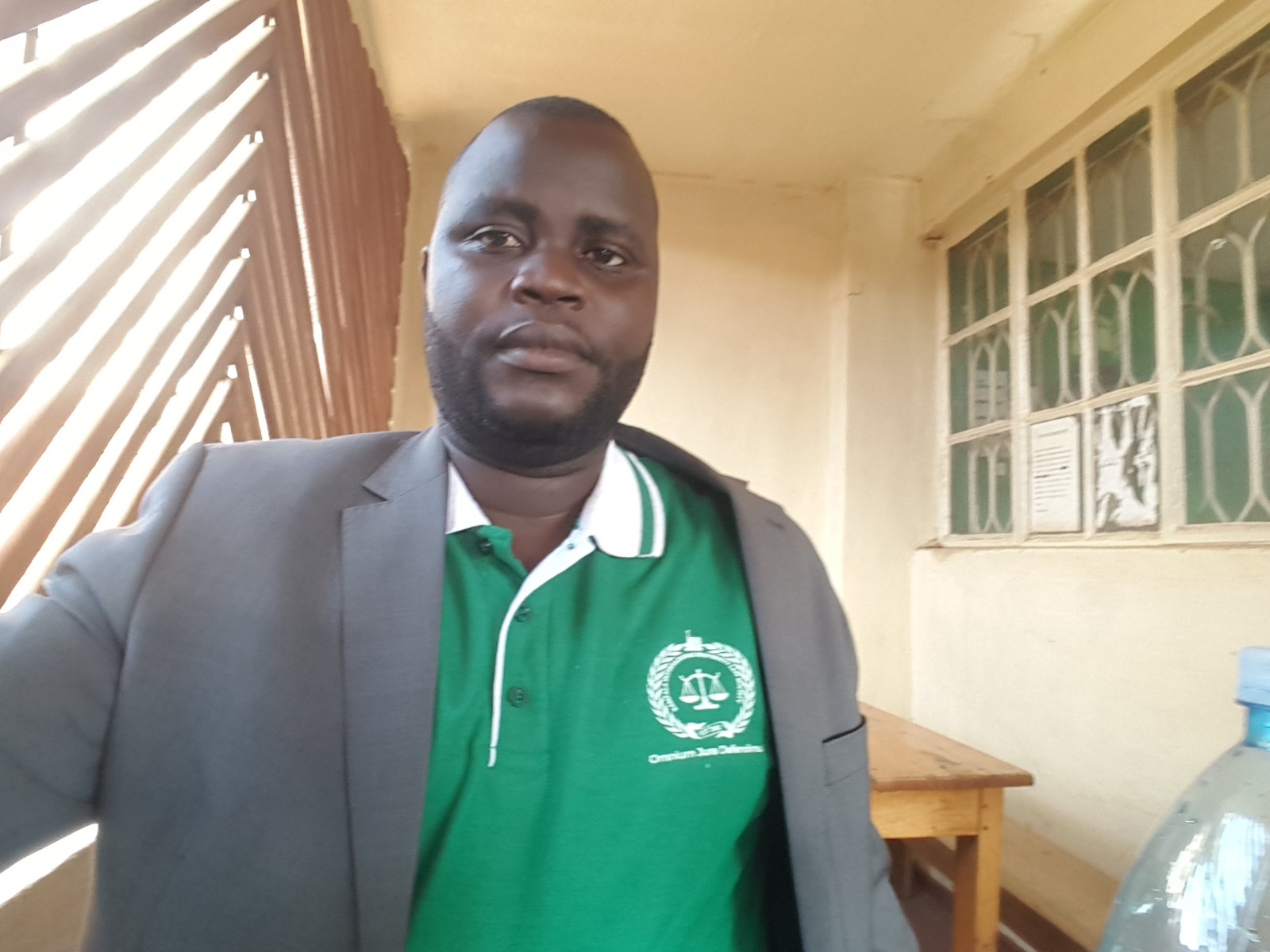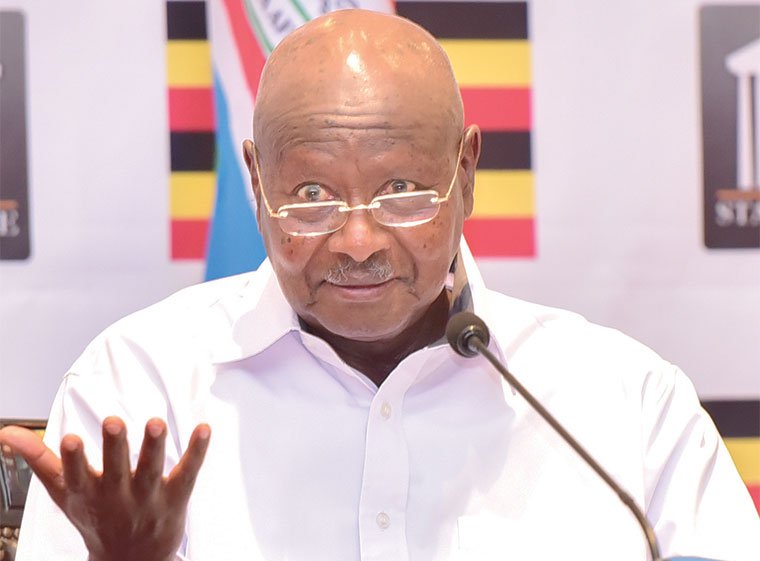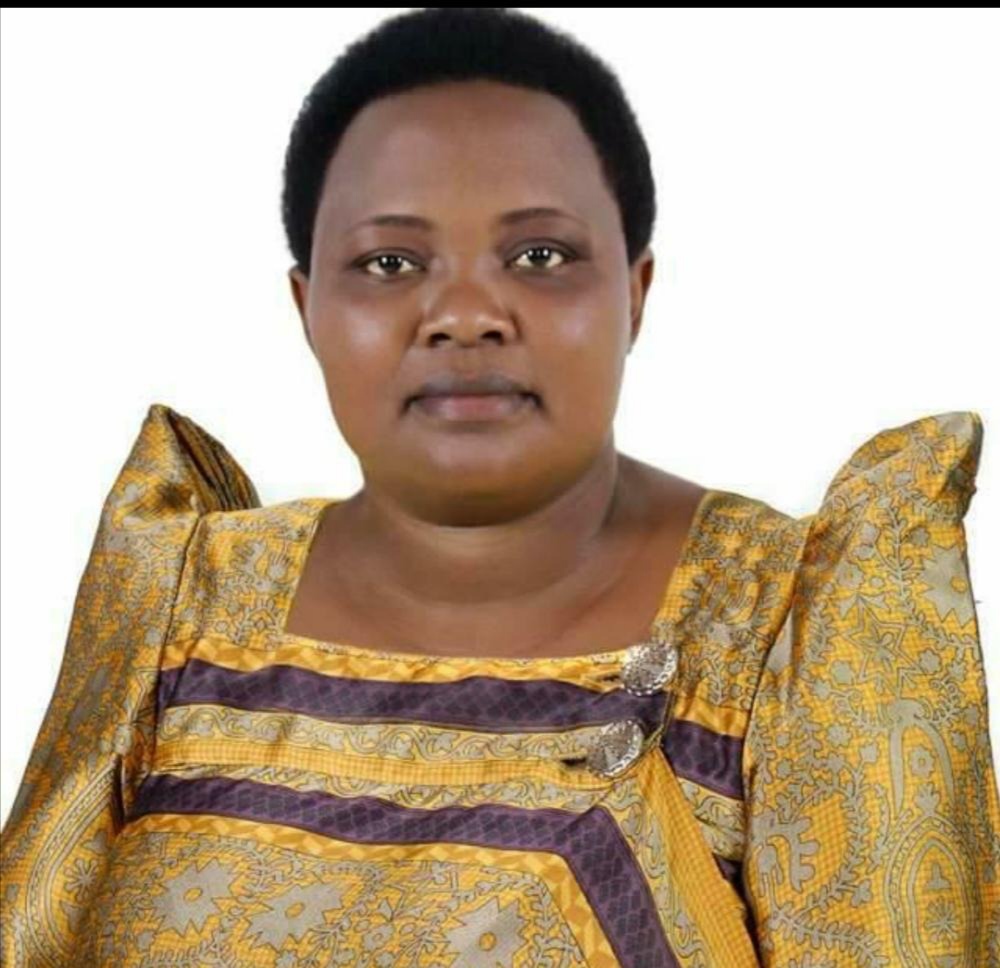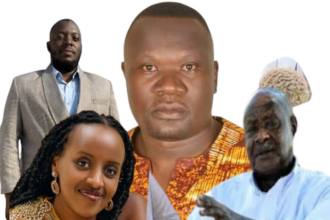By Osiya Moses Kayz
The public’s negative perception and beliefs about homosexuality have been the topic of discussion among the community’s social, political, and legal progress.
Communities have strong sentiments, discrimination, bullying, and backlash against any person who comes out as gay, supports homosexuality, or associates with homosexuals. The cultural customs, religious beliefs, and politics often negate gay people altogether in a bid to win the popular support and trust of the masses for political and selfish gains.
From a religious perspective, homosexuality is problematic because it is sinful, as it is against God’s will of reproduction. In Uganda for example, culture dictates that a man without children is considered a failure and a curse carrying sins or punishments of his descendants.
But whether or not religions condemn same-sex relationships, many cultural societies believe that the problem has to do less with sinfulness than with existential, moral, and customary commitments.
To put it plainly, many people in our societies oppose homosexuality because they feel they have a moral and cultural duty to have children and that commitment resonates from the cultural beliefs in marriages as a symbol of promoting community welfare for existential survival.
Raising children and contributing to a lineage is upheld as an important good for the community. Biological reproduction through heterosexual sex becomes a moral good.
As already indicated above, in most of our cultures, for one not to have children is considered a failure, cursed, and doomed. Being gay in Uganda can pose specific cultural, legal, moral, and religious problems with the dominant, heterosexual culture.
I saw this in Daniel Rugero, a gay student at the University who was met with bullying, discrimination, and harassment. Due to the much pressure he was subjected to because of his sexual orientation, he almost committed suicide in September 2019. He was new to the environment and thought that his being gay was normal whereas not and in so doing, it was met with oppression, harassment, and stocking.
As a student leader, Rugero came to me seeking protection from students. He opened up to me about his sexual orientation. In return, I demanded to know how long he had been this way and the kind of treatment he obtained from his former schools.
He briefly told me that he was influenced by his sponsors (NGO) and found it normal to exercise his rights as gay. I demanded to know if he had friends and their whereabouts, and he told me that some were taken to international schools, others went abroad and he insisted on studying at Kampala International University because he had an elder sister at the university. I asked him if his sister knew about his sexual orientation to which he answered NO.
This being a sensitive topic and him being a new person in the environment, I advised him to be careful because our society is still too fragile about homosexuality. However, as time passed, discrimination and bullying mounted to the extent that Rugero could not hold any more and decided to commit suicide by jumping off from the fourth floor. He was neither attending class nor coming to campus by the time he committed suicide.
The unfortunate incident happened on September 3, 2019. He was rushed to Nsambya Hospital for treatment.
This was one of the greatest challenges I faced as a leader. It was hard to break the news to the administration that the boy was gay and a local online tabloid Campus Bee had already published a story titled “KIU student was smoking weed when he jumped down to near death, thought he could fly.”
Challenging situations call for tough decisions, I came up with the bold letter addressing students and the general public that there was an accident at the Elite Hostel involving Rugero falling from the fourth floor of the building. By the time I addressed students, he was already at Nsambya Hospital in need of urgent medical attention.
The hospital wanted the bill to be paid to at least 30 percent before they could work on him. The hospital was demanding Shs 13m and his father had no idea where he could get such funds from to pay and help his son live. I pleaded with the University to use its insurance scheme to pay the bill and they were hesitant because they had heard some rumors of his sexual orientation and drug abuse.
I pleaded under the right-to-life scheme and the university agreed to pay up to 40 percent of the bill. I thought hard about where I could get the balance. I decided to team up with my cabinet to mobilise the community for a car wash and it paid off with members of the public washing their cars for the common cause.
We were able to raise Shs2.3m which was not enough and we moved to the alumni of the University, firm chambers, door to door, managing to collect another Shs1.7m making a total contribution of Shs4m towards the medical bill.
For accountability purposes, I organized a handover ceremony inviting Rugero’s parents, the media, and students to hand over the Shs4m contribution from students, members of the public, and alumni to the parents.
Changing the story was beneficial for Rugero’s condition to access medical services. However, this did not sit well with some critics who knew the truth. Together with my cabinet members, we started receiving some negativity and backlash from the student community.
They could talk about me as gay since I offered Rugero the protection and support they had never seen before and they could not imagine it. To them, he was supposed to die after the suicide attempt whereas not. The way I managed to mobilize the administration of the university to pull 40 percent coverage of the bill, pulling a total of Shs4m from the Car wash and Alumni was a magical surprise to them. Thank God COVID-19 came at the right moment and the University was forced to close on February 20, 2020 otherwise that year would have been a turmoil for me.
On May 30, 2021, during curfew and lockdown strict rules put in place by the government in a bid to stop the spread of coronavirus, I received the sad news of my life that Rugero had died in a motor accident along Jinja Road, I knew the boy wanted to commit suicide and he had finally succeeded.
It was the dark day on my shoulder, I felt a dark shadow over me, my body posed and I could not think of anything beyond. I knew I had failed this boy. I hated the government for putting in place strict rules and regulations, I spoke at length without control against the state of injustices and discrimination against minority groups to the extent that some people believed that I was gay.
My argument was often that opponents of homosexuality put more emphasis on the duty to have children, and overlook a deeper value, that a person can get attracted to the same sex. My view was that homosexuals can be better protected by discussion, sensitization, and creating awareness instead of passing a law to criminalize them because these people exist in our societies and are normal people.
I further stated that I exhibited my findings during my tenure as the leader of the students at the university where all these problems came to me for solutions from all sorts of students facing stigmatization, discrimination, and bullying to the extent that even HIV-positive students faced the same wrath.
I lamented that under moderate communitarianism, having children is not enough to make you a moral person. It would not be moral to have children and abandon your responsibility to guide these children to acquire virtues that promote communality and human flourishing. Many children are abandoned on the streets of Kampala, many young parents throw their children in the toilets, some children are tortured with several viral videos, and some communities eat firstborn children. Should we consider the parents of these children to be morally right, culturally upright, and religiously acceptable? My answer is NO, they should be punished. What about prostitution? Is it a moral right or wrong? Don’t they exist and what have we done about it? I insisted that the government must focus on the bigger picture such as fighting poverty, and corruption, putting in place better healthcare, and improving roads and not homosexuals.
I also stated that gay couples can adopt children however with our strict Adoption Law, it needs an amendment, and for that, society was not ready for such news, it resulted in all sorts of abuses that I do not deserve to be a leader, among other things. To cool it off, I went to Turkey for the holidays to meet with the Ugandans in the diaspora and my former diplomat staff at the Turkish embassy.
Morality is a set of beliefs which I also argued about. The world is changing rapidly. What was a sin then is no longer a sin today or tomorrow and each culture has its own moral rules and views on things such as polygamy, gay rights, and the roles of men and women. For example, most of our cultures, if not all, find polygamy acceptable, while homosexuality is widely accepted in the Western world as normal. Whereas in Uganda, it is wrong and I submitted that this may change our moral pattern with time, arguing that we need to open our minds to the many ethical systems on the planet, and for this, I became a huge target.
I went on to state that in our societies today, it rewards good behaviours and punishes bad actions. People following societal values are often praised and given prizes in the form of election or re-election for public offices whereas those who go against those values face criticism, discrimination, and religious problems. They are also not often elected or re-elected in public offices in case they stand for political positions in society. I gave an example that President Museveni’s victory in the 2016 election was partly played by his signing of the Anti-Homosexuality Act of 2014 which was later overturned but the constitutional court on procedural grounds.
The backlash is often played by what our society sees as moral principles or good behaviours often reminding the society about the ones who supported such ideas of homosexuals, hence creating discrimination, division among the populace, and all sorts of repulsion.
Attitudes toward homosexuality are generally in flux, partially as a result of increased political activism whereby either side opposing or proposing are often after votes from the society or international donations from gay communities and often those after votes from the masses win.
As mentioned above, different societies respond differently to homosexuality. In most of our societies, it is considered taboo to talk about it and this has pushed the state to consider passing the Anti-Homosexual Bill into law.
The passing of that bill may have far-reaching consequences for example the establishments of LGBTQ refugees within the settlements will have to be closed which will render many homeless, and access to healthcare will be affected because some health workers may refuse to work on homosexuals. For example, had we fronted Rugero Daniel as gay, I believe no one would have offered him treatment and even the University would not have granted him health insurance coverage at Nsambya Hospital, freedom of speech would have been affected and discrimination would have been at the epitome.
It is high time that political players in our societies start talking about these issues to find a solution because it exists other than shying away from it in the name of morality, culture, and religious belief.
The societies we lead have all sorts of people and once one is given the blessing to lead, we must learn and create safe environments for all and mainly the minority as Denzel Washington once said: “You never know how or when you will have an impact or how important your example can be to someone.” The right to life is a right to all.
The writer is a former student of Kampala International University
Osiya Moses Kayz
Do you have a story in your community or an opinion to share with us: Email us at Submit an Article









